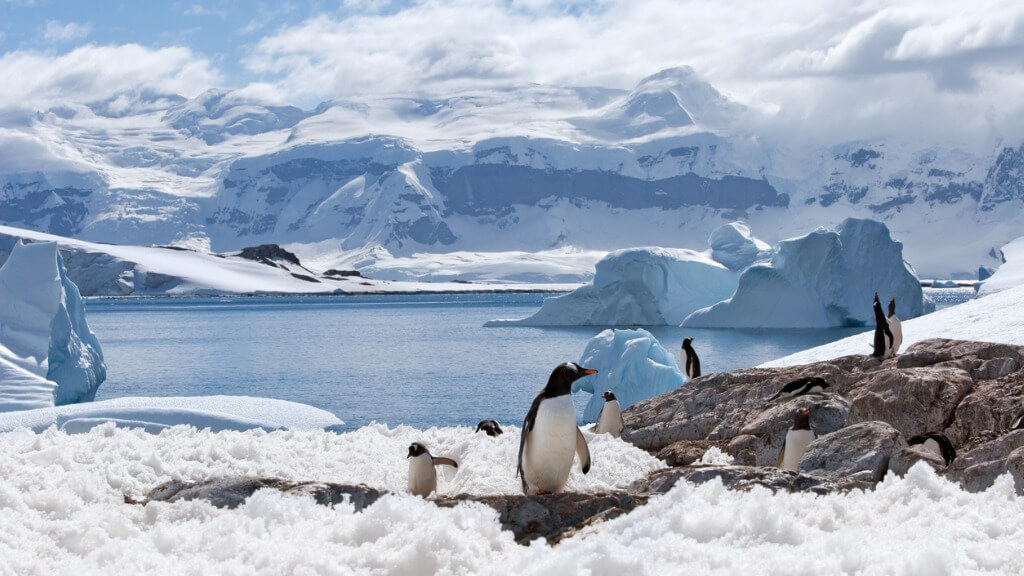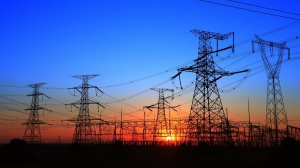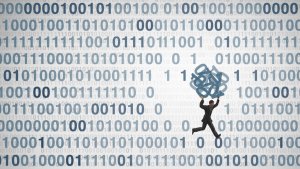Saving The South Pole With Data
Experts can't save the planet if they can't share the right kinds of information.

The 2041 Foundation, founded by Robert Swan, has the aim to inspire businesses, educators and governments to take action and alter the way they use, legislate, and even think about energy. The renovation of the Antarctica Treaty is happening in 2041, and the goal is to change the mind-set of the world before this.
At the beginning of the year, Robert gathered a group of explorers to take part in the South Pole Energy Challenge (SPEC) – the first ever, entirely ‘clean energy’ powered mission to the South Pole. The goal of the expedition; to reaffirm those founding values of the 2041 Foundation.
Nevertheless the 2041 Foundation would not be able to contribute to raising awareness and saving the planet if it wasn’t able to save and share the data it collects. GPS, temperature, video footage, images – all of this data was vital to the long-term success of SPEC’s expedition and the on-going mission of the organisation.
Earth-orbiting satellites and other technological advances have allowed scientists to see the big picture, collecting many different types of information about our planet and its climate on a global scale. But the value of data collected from ‘boots on the ground’ expeditions like SPEC is also key to revealing the signals of our changing climate.
The role of data when it comes to climate change
NASA (as one of the partner organisations to the expedition), has also collected significant data, which serves as evidential proof that the Arctic and Antarctic ice sheets have decreased in mass:
“Data from NASA's Gravity Recovery and Climate Experiment show Greenland lost 150 to 250 cubic kilometres (36 to 60 cubic miles) of ice per year between 2002 and 2006, while Antarctica lost about 152 cubic kilometres (36 cubic miles) of ice between 2002 and 2005.”
Education plays an immensely important part in the response to climate change, and data is a key part of effective education. An example of this is that the footage captured during the SPEC expedition was used to create 360° videos that will be taken to classrooms around the globe.
This is directly helping to show the younger generation first-hand, exactly what impact climate change is having on Antarctica in the hope it will inspire a positive response to issues such as energy usage.
Robert is a firm believer in engaging the youth of the world to understand the importance of preserving the pristine continent of Antarctica and finding ways to use renewable, sustainable energy in order to prevent further exploitation of fossil fuels.
It is the hope of the 2041 team that children become aware of the risks of climate change, realise there are ways to make a difference, and take action.
Collecting data in the tundra
Apart from polar blizzards and -40 degree temperatures, one of the biggest things that can stall organisations, such as SPEC, when it comes to raising public awareness around climate change, is the presence of unorganised data. It’s no use collecting terabytes of vital data if it’s undefended, unorganised, and unreachable.
If data is not protected, it could become corrupt, stolen or manipulated while leaving it unorganised or difficult to access could lead to the data getting lost, misunderstood, or simply lying dormant, and never being used at all.
A recent example of this is Robert Swan’s first SPEC mission, where there were no records of the data collected, and no way to preserve all of the information from his expeditions around the world. There were videos, photos, reports and emails from previous expeditions stored on hard drives on multiple laptops; there were disk drives; even photos shoved in drawers.
Photographs, videos, emails, finances, all of it was saved disparately on several laptops, or in a few cardboard boxes. Beyond the lack of organisation, the 2041 computers also had limited levels of protection. The same held true for the data.
So, on this expedition, Robert ensured that the 2041 Foundation partnered with experts in the field of data management who could provide the capability to record, document and securely preserve all the video, audio, and imagery being captured on the 600 mile expedition.
Although it was just 2TB of data, it was so very valuable to the long-term objectives of Robert’s foundation.
Technology companies who are willing to partner with organisations like the 2041 Foundation and others doing similar work, are, in their own way, contributing to a globally important narrative that started with the heroic polar expeditions of Scott and Amundsen back in the early 1900s, and will hopefully continue long after 2041.
What lessons can businesses learn
While it is hard to draw direct comparisons between the cold, remoteness of the Antarctic and urban business, there is a common logic applied, that is: a smart data backup and recovery plan is one that ultimately conserves resources.
Here’s the thinking: there are two universally accepted truths about data: first, data is the ‘red-thread’ that increasingly runs through all aspects of how companies (governments and individuals) operate; and two, the amount and variety of data is growing. These two facts are at the heart of digital transformation.
Given this, companies must be attentive stewards to the resources required to keep data safe (so it is there when you need it) and also use the data (to get value from it).
So whether on the ice in Antarctica or running an organisation in Silicon Valley, one must continue to seek out ways to achieve desired outcomes in the most efficient way possible.
Chris Powell is CMO of Commvault.
Thanks for signing up to Minutehack alerts.
Brilliant editorials heading your way soon.
Okay, Thanks!

